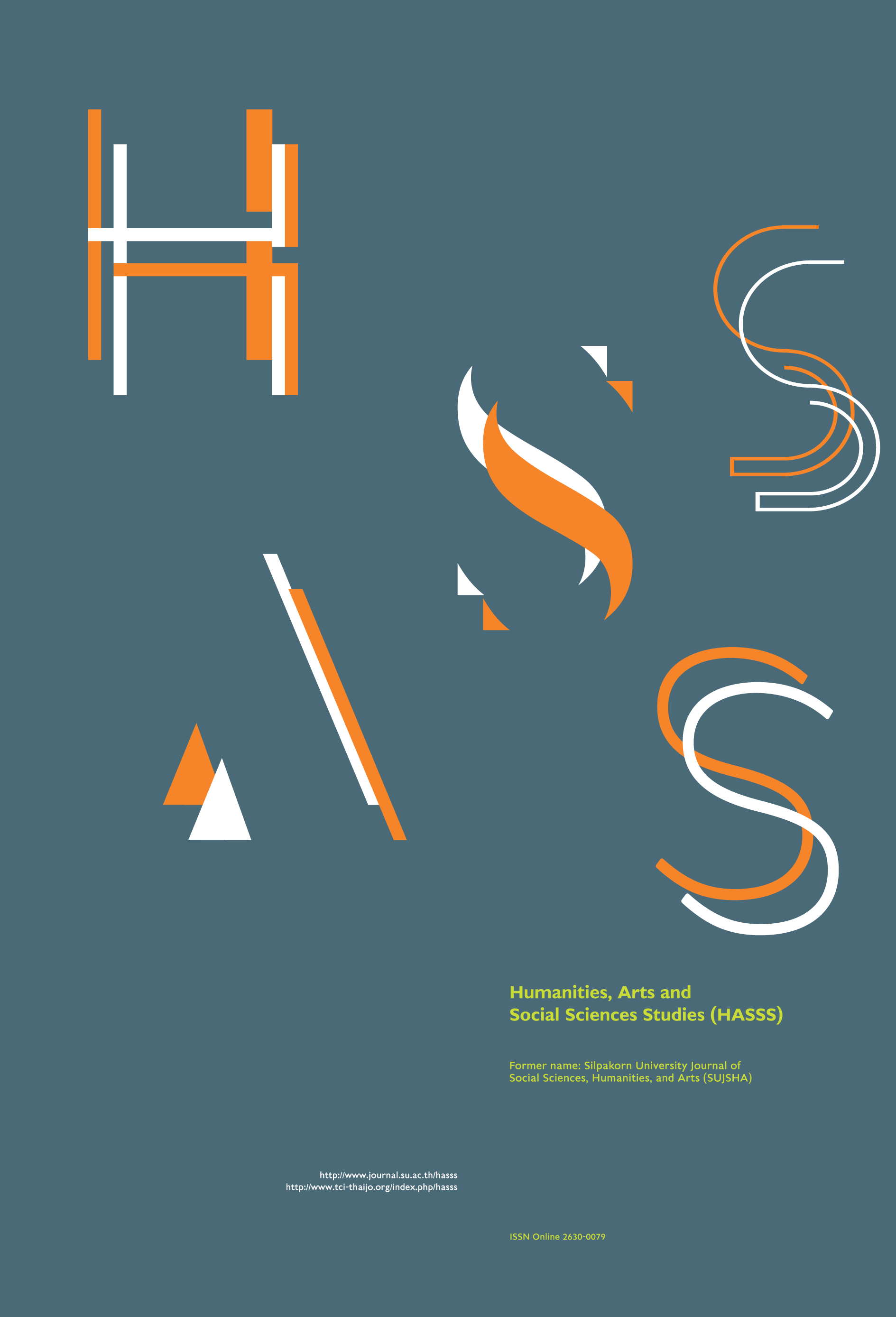Developing English for Tour Guides Material: Khmer Sanctuary Guides
Main Article Content
Abstract
Khmer sanctuaries are one of the main types of tourist attractions in the Northeast, Thailand. Tour guides are responsible for giving quality tours and are a source knowledge to travelers. However, there are three problems that limit the quality of qualified tours to travellers. There are very few people working as English-speaking tour guides at Khmer sites, inadequate specific English skills in Khmer site topics and a lack of specific Khmer historical knowledge possessed by the tour guides in the region, and the nonexistence of books teaching English for specific language on Khmer topics for Thai tour guides. The objectives of this study were to develop English for tourism material for Khmer sanctuary tour guides, and to determine the effectiveness of the learning material. There were thirteen tour guides used as the population of the study. These tour guides were qualified by the Ministry of Tourism and Sports to deliver tours in the region. They all volunteered to be in the study. Four instruments were used in the study: a pre-test, a post-test, the learning material, and a questionnaire. Video recordings and questionnaires were used to collect data. The participants spent three months studying the learning material by themselves. The results indicated the participants improved in grammar, specific vocabulary, and specific knowledge of Khmer sites. Also, the participants provided some positive views about the material as they gained more knowledge from it. Consistent with the results of the study, the material was determined to be an effective tool in solving two of the three problems listed above.
Downloads
Article Details
All rights reserved. Apart from citations for the purposes of research, private study, or criticism and review,no part of this publication may be reproduced, stored or transmitted in any other form without prior written permission by the publisher.
References
Adulpichet, A. (2007) Guide to 7 Khmer Stones in the Southern Isan. Bangkok: Mueng Boran.
Blue, G. M. and Harun, M. (2003) Hospitality Language as a Professional Skill. English for Specific Purposes 22(1): 73-91.
Bonyawatthana, P. (1999) The Needs of English in Tourism Industry. Master thesis in English Language and Communication, Chiang Mai University.
Dudley-Evans, T. and St. John, M. J. (1998) Development in English for Specific Purposes: A Multi-Disciplinary Approach. Cambridge: Cambridge University Press.
Gairns, R. and Redman, S. (1989) Working with Words: A Guide to Teaching and Learning Vocabulary. Cambridge: Cambridge University Press.
Hutchinson, T. and Water, A. (2002) English for Specific Purposes. Cambridge: Cambridge University Press.
Hutchison, T. and Waters, A. (1987) English for Specific Purposes: A learning Centered Approach. Cambridge: Cambridge University Press.
Iwai, T., Kondo, K., Limm, S. J. D., Ray, E. G., Shimizu, H. and Brown, J. D. (1999) Japanese Language Needs Analysis. E-Journal of National Foreign Language Resource Center 20(5). [Online URL: www.nflrc.hawaii.edu/Networks/NW13/NW13.pdf] accessed on December 15, 2015.
Jolly, D. and Bolitho, R. (2011) A Framework for Material Writing. In Material Development in Language Teaching, edited by Brian Tomlinson, pp 107-134. Cambridge: Cambridge University Press.
Mackay, R. and Mountford, A. (1978) English for Specific Purposes. London: Longman.
Munby, J. (1978) Communicative Syllabus Design. London: Cambridge University Press.
Narongrit, S. (2007) The Survey of English Needs for Tourism Officers in Mahasarakarm. Master thesis in Tourism and Hotel Managament, Graduate School, Mahasarakarm University.
Nation, I. S. P. (2001) Learning Vocabulary in Another Language. Cambridge: Cambridge University Press.
Pattanakiatchai, P. (2012) AEC: The Opportunity for Service Industry. Bangkok: Ministry of Cemmerce.
Sompakdee, P. and Danvivath, U. (2017) A corpus-based analysis of specific vocabulary in Khmer sanctuary context. Proceeding of the 13th international conference on humanities & social sciences Conference, pp. 1335-1348. Khon Kaen: Khon Kaen University.
Tomlinson, B. (2011) Material Development in Language Teaching. Cambridge: Cambridge University Press.
Thailand Institute of Scientific and Technology Research (TISTR). (1991) Tourism in Thailand. Final Report. Bangkok: TISTR.
Zhao, M. (2008) Current teaching analysis for present medical university. Culture and Education Garden 12(3): 84-86.


